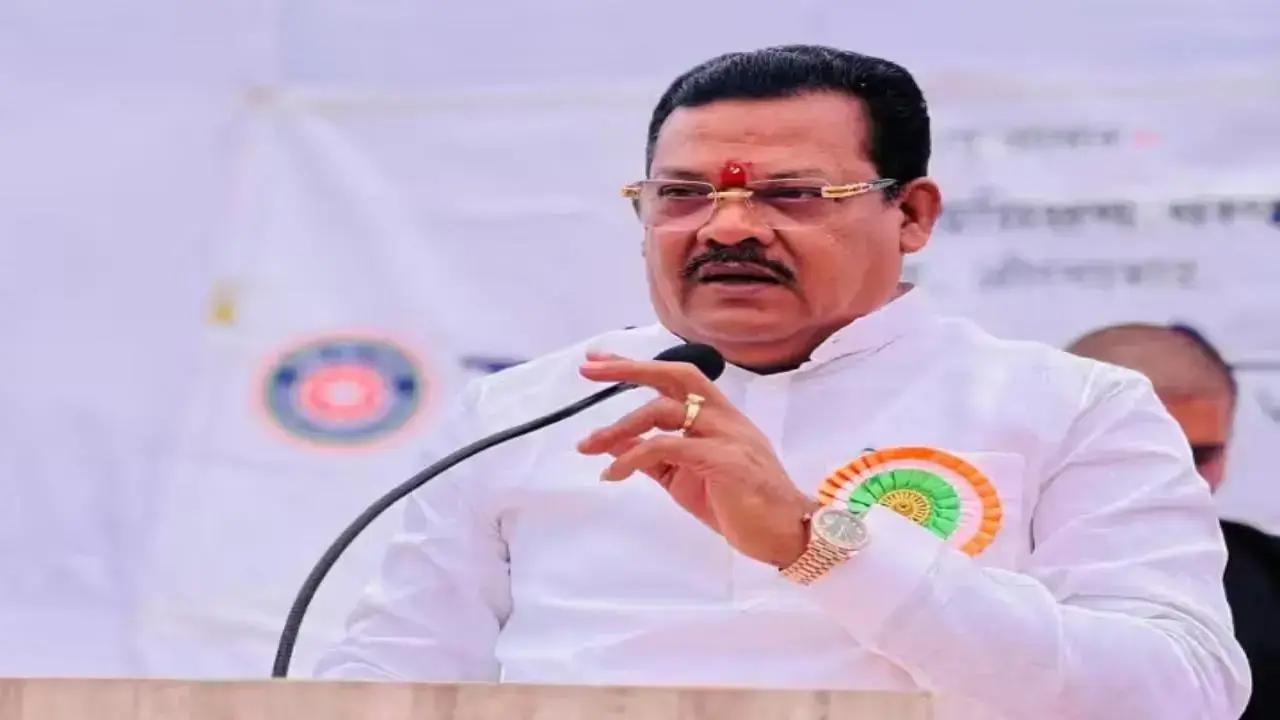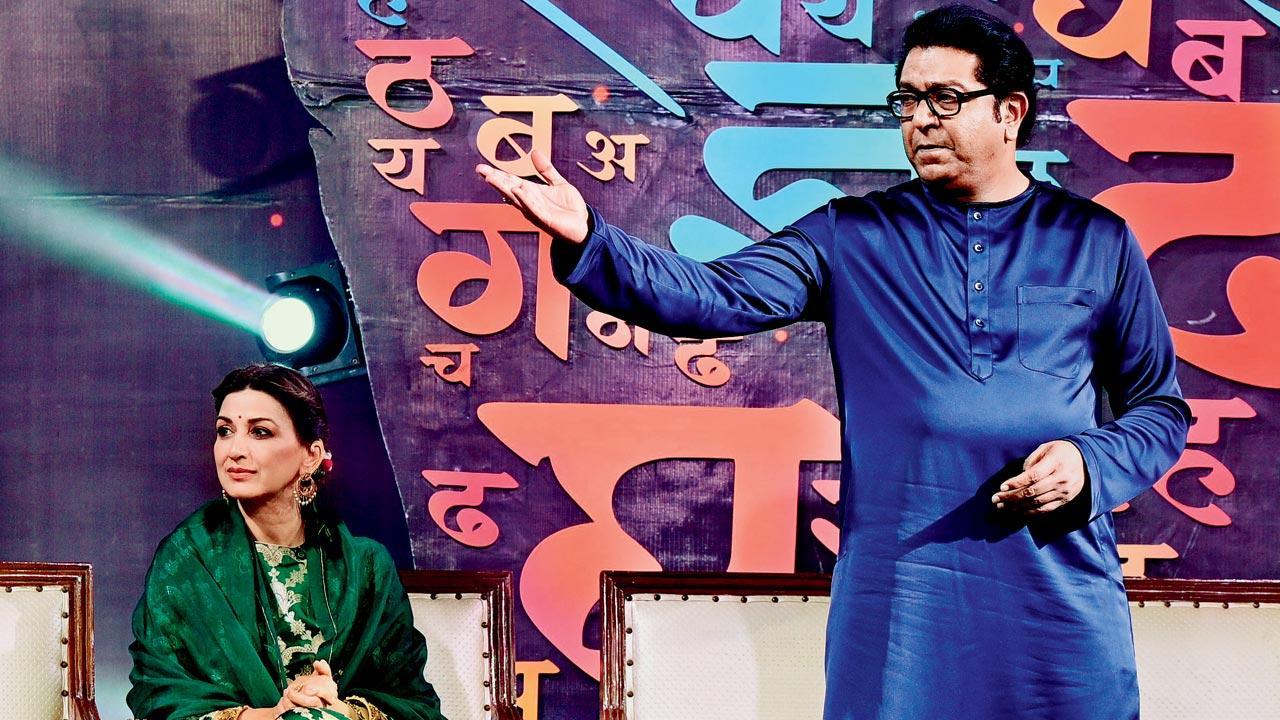
The Maharashtra government is preparing to rename the town of Khultabad—home to the tomb of Mughal emperor Aurangzeb—as Ratnapur, according to state minister Sanjay Shirsat. The move is part of a broader effort to restore historical names that were changed during the Mughal era, news agency PTI reports.
Khultabad, situated approximately 25 km from Chhatrapati Sambhajinagar city, has recently become the focus of political and cultural debate due to the presence of the tombs of Aurangzeb, his son Azam Shah, Nizam Asaf Jah, and other historical figures. Over the past few months, right-wing organisations and some political leaders have openly called for the removal of Aurangzeb’s tomb, citing his controversial legacy in Maharashtra.
As per news agency PTI, Sanjay Shirsat, who serves as Maharashtra’s Minister for Social Justice and the guardian minister of Chhatrapati Sambhajinagar district, reiterated over the weekend that Khultabad was originally known as Ratnapur. “Just as Khadki was renamed to Aurangabad and has now become Chhatrapati Sambhajinagar, we will also revert Khultabad to its original name, Ratnapur,” said the Shiv Sena leader.
“Several place names were altered during Aurangzeb’s rule. Our aim is to restore them. We are especially focusing on removing names with ‘bad’ suffixes, which were a result of Mughal influence,” Shirsat added.
Last month, Shirsat had stirred controversy by stating that Aurangzeb’s grave had no place in Maharashtra, referencing the Mughal ruler’s execution of Chhatrapati Sambhaji Maharaj. The current proposal to rename Khultabad is seen by many as part of a larger political push to reclaim historical narratives aligned with Maratha heritage.
According to PTI, the state government is also contemplating the creation of a memorial in Khultabad dedicated to Chhatrapati Shivaji Maharaj and his son Sambhaji Maharaj. “The site will serve as a place to educate people about the valorous history of the Maratha empire,” Shirsat said.
The announcement has drawn both support and criticism. While proponents view the renaming as a rightful correction of historical distortions, critics argue it may be a politically motivated move to polarise public sentiment ahead of elections.
The government is expected to soon initiate the formal administrative process required to implement the name change.
(With inputs from PTI)












